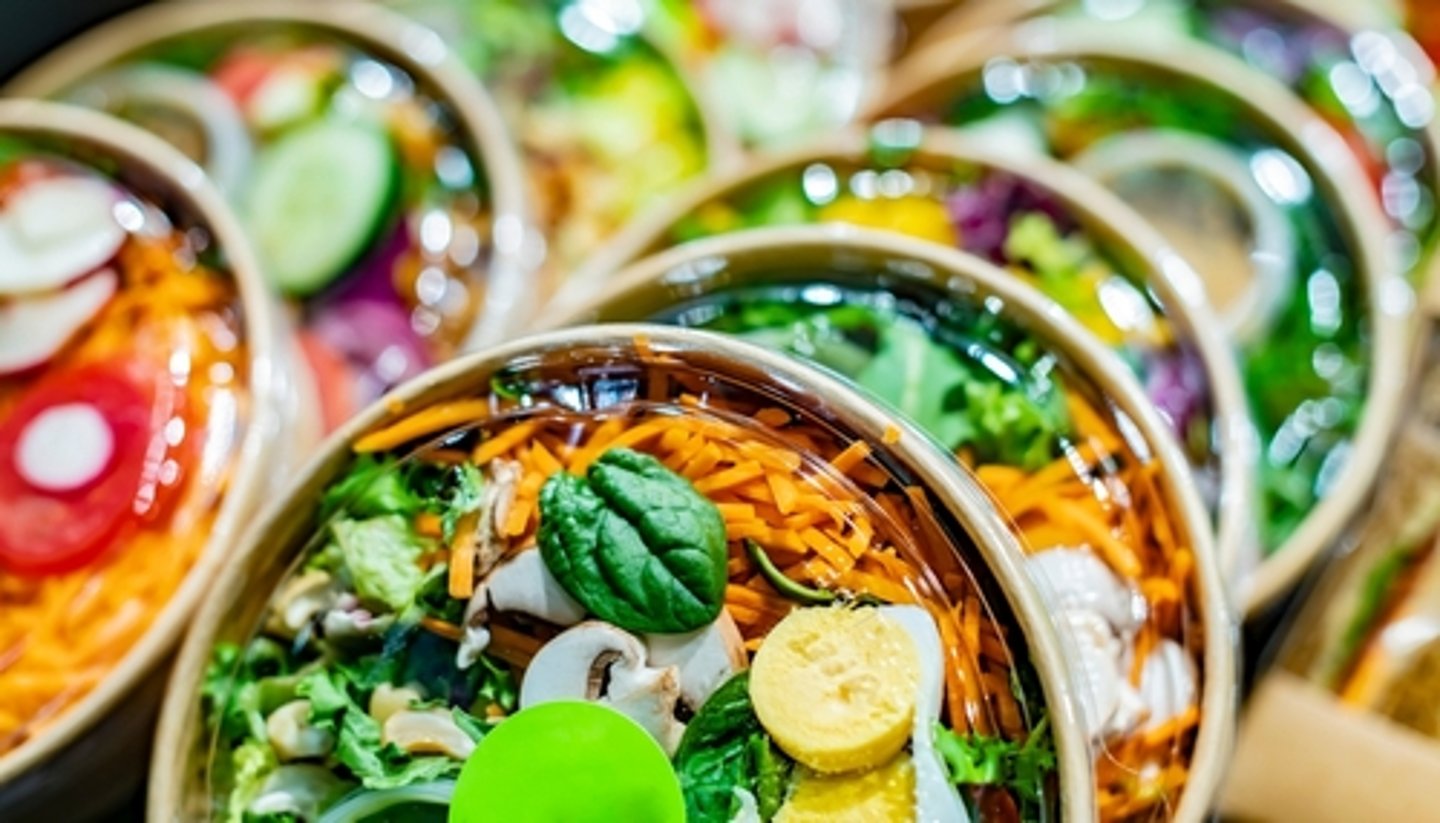Calls to scrap "snack tax" on food items in Saskatchewan
Holding up a rotisserie chicken, Saskatchewan Opposition NDP finance critic Trent Wotherspoon questioned why it's taxed while an uncooked chicken is not.
Wotherspoon and NDP Leader Carla Beck also asked why the 6% provincial sales tax applies to a box of five granola bars and not to a box of six. It's the same for packaged muffins.
"It's not a matter of different food quality," Wotherspoon said Tuesday during a news conference near a table lined with taxable and untaxable food items.
"The chicken stands out as that example, so does the salad and the muffins. At the end of the day, if someone goes in to buy two muffins and that's all they're going to eat because that's all they can afford, then it's not right (to be taxed).''
What's right, he said, would be for the Saskatchewan Party government to scrap what the NDP said is a "snack tax'' on various grocery items that aren't junk food.
Beck said the provincial sales tax is being applied to packaged salads, rotisserie chickens and granola bars at a time when people are struggling to afford their groceries.
These items are often used to for school lunches or to make quick family dinners, she said.
"You'll see (rotisserie chickens) go out every second load of groceries,'' Beck said.
Saskatchewan introduced the PST on snacks and some ready-to-go meals in 2017 as part of efforts to trim a $1.2-billion deficit.
However, the province is now in better financial shape and expects to post a $1-billion surplus this fiscal year.
Wotherspoon said the surplus means the government could end the sales tax on these food items.
"People are most concerned right now about cost of living, and many are describing their finances as being in terrible, terrible shape,'' he said.
"And you juxtapose that with the provincial government, who has enjoyed the windfall revenues for a couple years going, all while adding many more taxes.''
The tax is applied to carbonated beverages, chocolate, candy, chips, premade sandwiches and mixed nuts.
Basic groceries, including baby food, baking supplies, bread, breakfast cereal, condiments, eggs, meat, coffee and large ice cream buckets, are exempt.
However, there are discrepancies.
Regular yogurt is not taxed. It is, however, if it's a fruit-flavoured yogurt beverage containing less than 25% natural juice.
Salad dressing and salad kits are exempt unless food items, such as nuts and vegetables, are mixed in with the lettuce.
"This does not make sense,'' Beck said. ``This is something they did, they could reverse and provide some measure of relief and common sense.''
Finance Minister Donna Harpauer said the PST applies on the same foods that have the GST.
She said the federal government has set criteria for deciding when such items are taxed, but couldn't explain what they are.
Keeping the PST on items that have the GST applied provides clarity to retailers, Harpauer said.
"It does create a lot of confusion should you have one tax on one thing and a different tax on another thing.''
She added the government has introduced several affordability measures, including $500 cheques that were provided last year.
Harpauer said she would like the government to reduce the PST, adding a decision on potentially doing that could come next in the fiscal year if the province's finances remain favourable.


